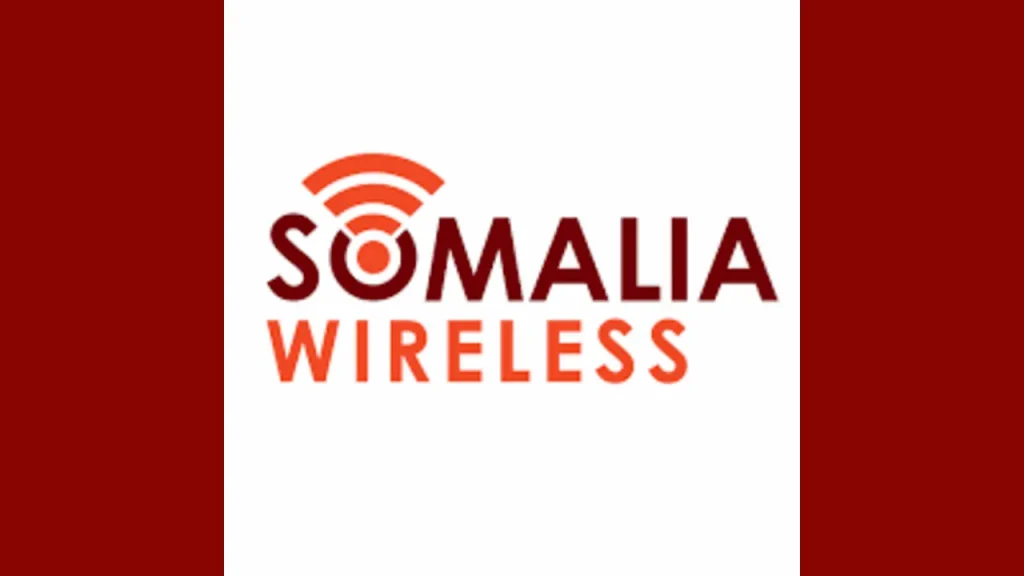- Somali Wireless Network expands access through LTE-A, fibre optics, and satellite links in underserved regions
- Somalia’s telecom sector faces infrastructure, regulatory, and security challenges as it enters a digital era
Somali Wireless Network focuses on fibre, LTE, and satellite solutions
Somali Wireless Network is emerging as a key driver of digital transformation in Somalia, focusing on scalable, future-ready telecom infrastructure. The company is investing heavily in LTE-Advanced technology, fibre-optic backbone deployment, and low-earth orbit (LEO) satellite services to deliver nationwide connectivity. With much of Somalia still lacking access to stable communications, Somali Wireless has aimed to bridge the digital divide through a combination of wireless and fibre solutions.
The company’s strategy reflects a broader push in Somalia’s telecommunications sector to expand digital access despite ongoing challenges. Limited power infrastructure, security concerns, and a fragmented regulatory environment continue to pose significant hurdles. Yet Somali Wireless is pursuing an ambitious vision, offering data, voice, and internet services that aim to connect homes, businesses, and government institutions alike. It also supports VoIP and VPN applications, crucial for both enterprise and individual users across the country.
Also read: Electricity Delivery: Generation, transmission and distribution
Also read: Electric power distribution: The last mile of electricity supply
Somali Wireless Network navigates sector-wide challenges in Somalia
Somalia’s telecom market has grown rapidly in recent years but remains constrained by conflict-related instability and a lack of unified policy enforcement. Telecom operators must often build redundant infrastructure to maintain uptime in volatile regions. Somali Wireless has sought to counter this through hybrid connectivity solutions that combine terrestrial and satellite links, increasing reliability even in hard-to-reach areas. This approach has proven especially valuable in remote districts lacking mobile towers or undersea cable access.
A notable industry shift is the growing importance of fibre and LEO satellite connectivity, particularly in urban centres and emerging economic zones. Somali Wireless is one of the firms at the forefront of this shift, helping to build digital corridors between major cities. While state involvement remains limited, private sector players like Somali Wireless are stepping in to fill the gap. As the company notes, “We believe every Somali should have access to reliable connectivity,” underscoring its mission to transform national infrastructure from the ground up.

